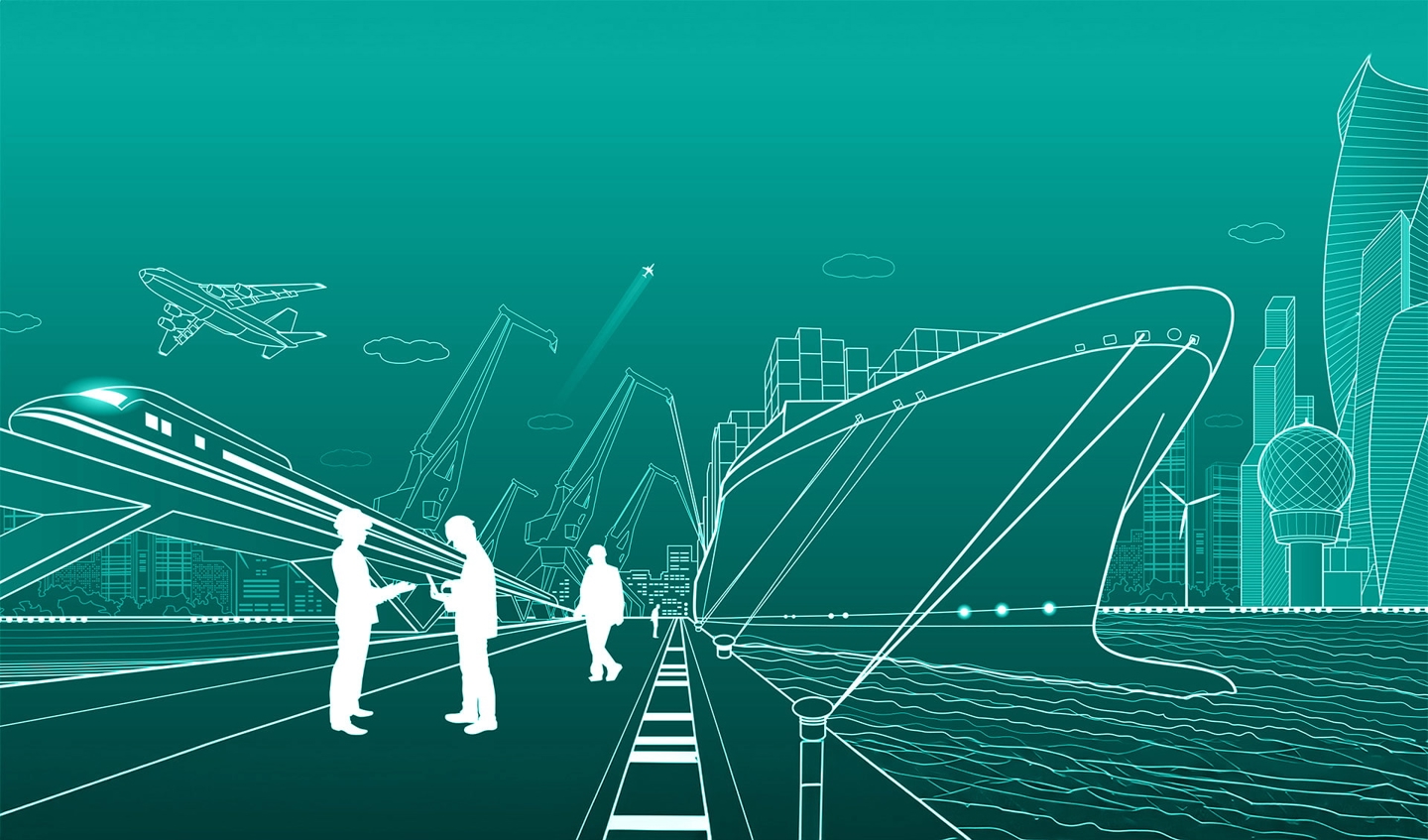“In order to reduce Greenhouse Gas (GHG) emissions by 2050, relative to 2008 levels, by 50% we know we need zero-carbon vessels on the water by 2030,” said Charles Haskell following his appointment as Progamme Manager of the classification society’s new Maritime Decarbonisation Hub. “Now it’s time to move forwards from thought leadership to action and create industry wide projects that derisk technologies and investments.”
Haskell is excited by the opportunities but well aware of the challenges. “As things stand today, there are many inspiring projects in progress across shipping’s various sectors. The Hub will provide a basis for closer collaboration between stakeholders and a platform for sharing the results of decarbonisation initiatives so that we as an industry continuously learn from previous projects and evolve,” he explained.
“The LR Maritime Decarbonisation Hub will provide key stakeholders in the value chain with guidance at every step of their journey as they reduce the carbon intensity of their operations,” he continued. “At the same time, it will offer policy makers evidence-based advice on the most efficient means of enabling and supporting this transition.”
Over the last four years, LR has produced a series of papers on possible pathways for fuel transition between now and 2050, with the support of University Maritime Advisory Services (UMAS). Haskell has clear views on putting these theories into practice by involving technology firms, shipowners and operators, financiers, designers, builders, ports, fuel suppliers, regulators and, most importantly, shipping’s end users – charterers.
“Many of these stakeholders have different aims and ambitions. That is why the role of the Hub is so important. We need to bring together these separate groups and provide a basis for them to channel their efforts, coordinate projects, and collaborate in order to achieve success,” he explained.
The investment challenge
The infrastructure investment component is key, the work of industry led initiatives such as the Global Maritime Forum and the Getting to Zero coalition have moved the debate forward. The launch of the Poseidon Principles – an initiative to prioritise the environmental component in financing shipping projects – represents major advances in sustainable funding development. Haskell noted that Poseidon Principles signatories now fund about 40% of the world’s commercial tonnage. A drive to expand the membership base continues.
More recently, the Sea Cargo Charter initiative was launched. Importantly, this new initiative shares the same four principles as the Poseidon project: Assessment, Enforcement, Accountability and Transparency, and aims to align chartering activities with environmental behaviour to promote international shipping’s decarbonisation.
The primary challenge, however, is the supply and infrastructure that is needed to fuel zero-carbon vessels. This is where the investment is needed, and why it is important for projects moving forward to involve all aspects of the supply chain, to ensure success, and work outside of the industry with other sectors also striving to decarbonise as this will help de-risk the projects.
"The challenge with the next propulsion revolution is that the fuel is not yet available, it shall cost more, and we have significantly less time to adopt it, this is why we need a collaborative effort from all angles starting now to ensure we can achieve the 2050 ambitions."
Customer engagement
“Today, we have a range of decarbonisation possibilities available, but shipowners are in business to make a return on capital. New technologies will not be adopted unless either forced to do so by regulation or motivated by potential return on capital. That is why charterers have such a vital role to play,” Haskell declared.
Shipping’s customers will be a key participant in pilot projects coordinated by Haskell and his team. They will be there to make sure that the Hub focuses on R&D that features high on their sustainability agendas. But charterers are also necessary for the accurate assessment of potential benefits from consuming transport as a service. Only they can gauge how costs weigh up against potential commercial benefits.
LR is already involved in research programmes along these lines. For example, a Joint Development Project (JDP) was established early this year, bringing together LR, MISC Berhad, Samsung Heavy Industries and MAN Energy Solutions to develop an ammonia-fuelled tanker design. The involvement of MISC as a proactive partner in the JDP is essential, Haskell stressed. What these projects have shown us is that zero carbon vessels can be designed and engineered. Haskell identified an important difference in this marine fuel transition compared with those that have gone before.
“In shipping’s previous energy transitions,” he explained, “there was a readily available alternative – wind to coal … coal to oil … and, to a limited extent, oil to gas. The challenge with the next propulsion revolution is that the fuel is not yet available, it will cost more, and we have significantly less time to adopt it, this is why we need a collaborative effort from all angles starting now to ensure we can achieve the 2050 ambitions.”
More impetus required
Despite the growing number of owners and operators who are making moves to adapt to more sustainable asset operation, however, there are many hundreds for whom business continues as usual, but this is not surprising given the uncertainty lying ahead, Haskell conceded. The IMO has an essential role to play, of course, but the clock is ticking, and a proliferation of regional initiatives – such as the inclusion of shipping in the EU’s Emissions Trading Scheme, for example – may now be inevitable.
“If societal feedback indicates that the pace of change is too slow, there are several mechanisms for accelerating the transition,” Haskell explained. “Since the fuels of the future will inevitably be much more expensive, there may have to be regulations to generate change based on fuel levies.”
This process will involve a new group of stakeholders – politicians and regulators – who may not be familiar with the practical workings of shipping’s global business. “That is why the work of the Hub is so important. We must be able to demonstrate evidence-based results from integrated multidisciplinary projects that have involved all of shipping’s stakeholders,” Haskell concluded.
What is the Decarbonisation Maritime Hub?
The Maritime Decarbonisation Hub, a joint initiative between Lloyd’s Register Group and Foundation, brings together thought leaders and subject matter experts with the skills, knowledge and capability to help the maritime industry design, develop and commercialise the pathways to future fuels required for decarbonisation. A steering group of external stakeholders is in place to ensure the hub focuses on the challenges that matter to industry. The Hub is open to undertaking and actively seeking partnerships with stakeholders across the industry, focused on creating a more sustainable future for shipping and contributing to society’s global challenge of slowing climate change. Through collaboration, producing and sharing evidence-based research, the Maritime Decarbonisation Hub will help steer charterers, owners and operators, financiers, ports, yards, fuel suppliers and regulators among others through the technically complex decision-making and robust investment considerations they will encounter during this transition towards industry transformation.









